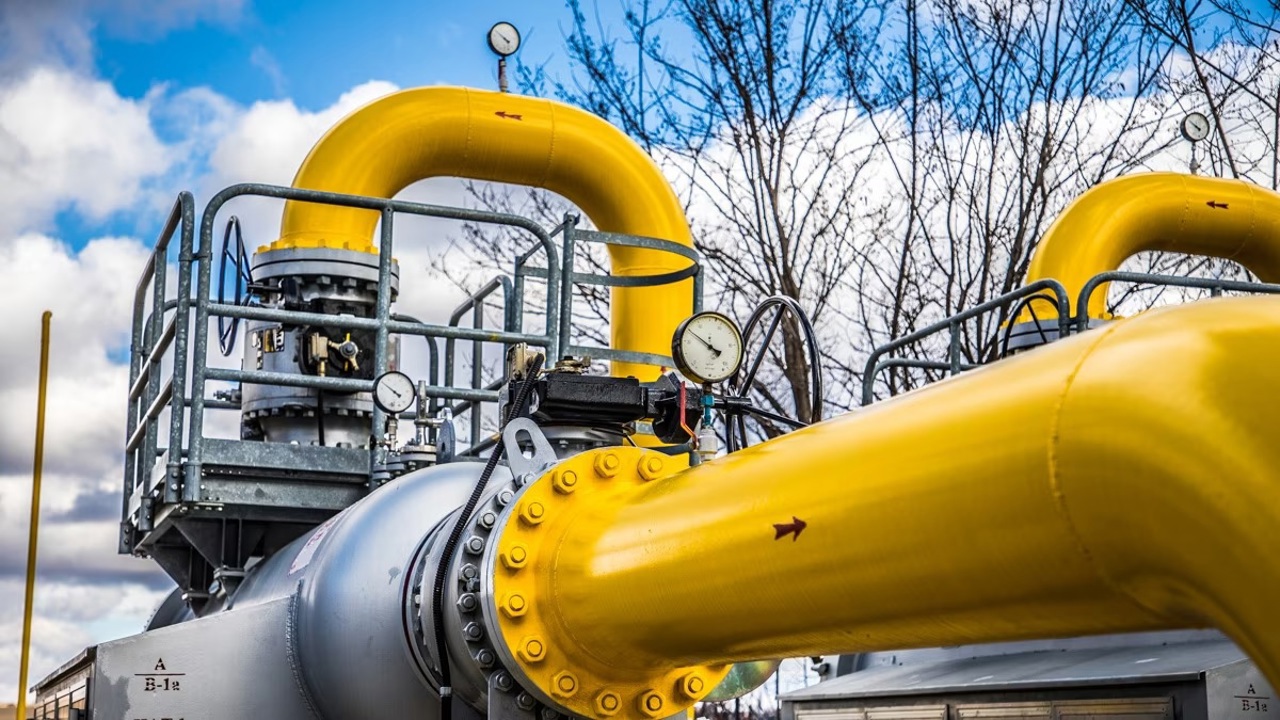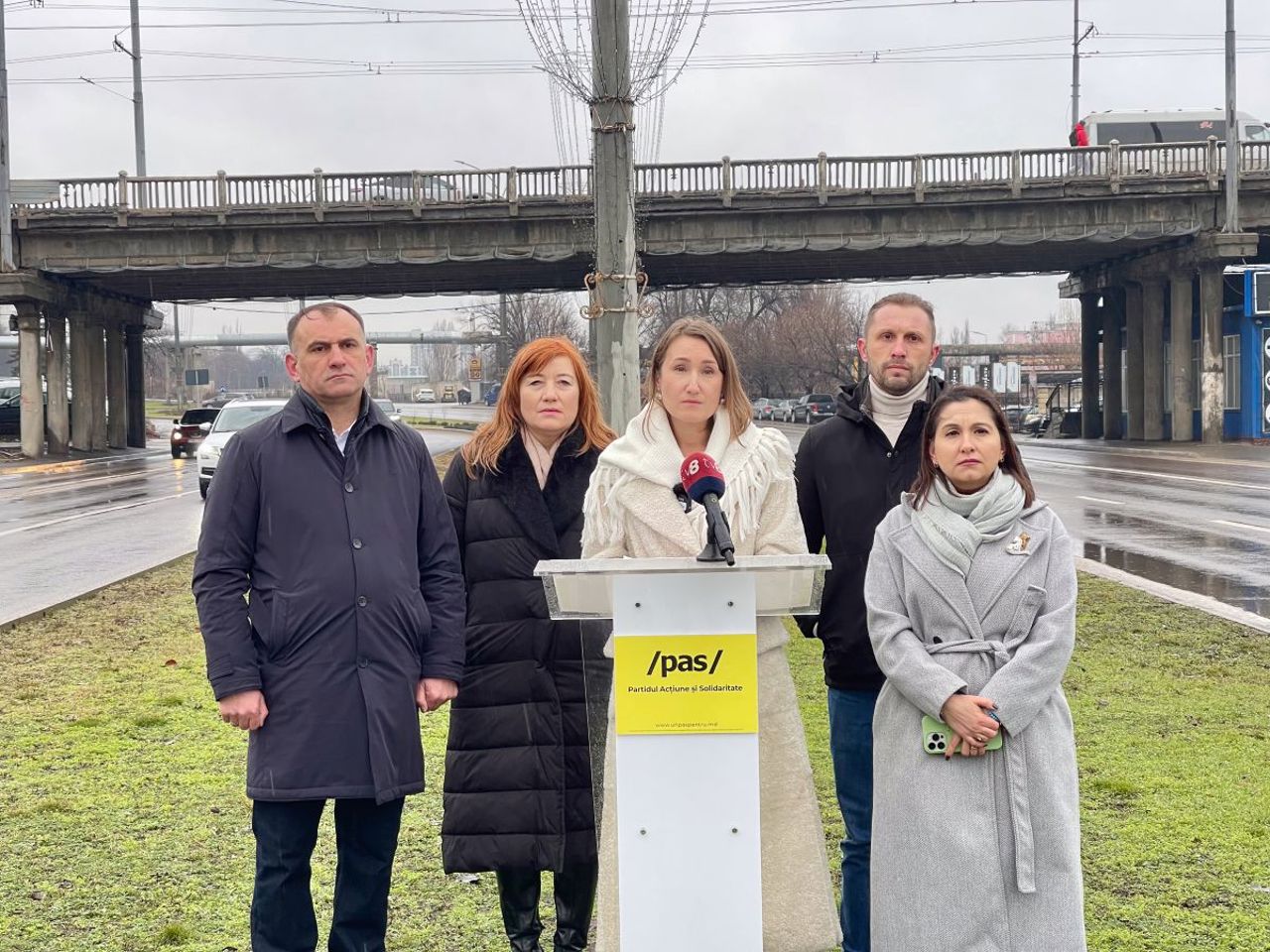Gas crisis threatens humanitarian disaster in Moldova
The Republic of Moldova lacks the legal framework to effectively support its citizens in the Transnistrian region during a humanitarian crisis.

Vadim Vieru, a legal expert from Promo-LEX, highlights that the absence of necessary laws and infrastructure hinders the government's ability to assist people potentially affected by a disruption of natural gas supplies.
What will change with the state of emergency declared on Monday, December 16th?
Energy Crisis: The Prime Minister warns of potential power outages on both sides of the Dniester River in early 2025.
"In a humanitarian crisis, people seek to escape the affected zone. If they relocate within the country, they become internally displaced persons (IDPs). However, Moldova has no legal provisions to protect them. This poses a serious problem that will impede any aid efforts," Vieru explained.
Challenges:
A significant hurdle is the lack of access to services. The Moldovan government in Chișinău has no administrative presence in Transnistria, making it difficult to provide compensation or other support. "There's no database of citizens. Moreover, to offer compensation, you need the infrastructure to deliver it, which means access to services. The Chișinău authorities clearly have no offices or operational capacity there whatsoever," the lawyer added.
Vieru also raises concerns about the Moldovan government potentially subsidizing the separatist regime. "Providing free gas for electricity generation at the Cuciurgan Power Plant would essentially mean subsidizing the separatist regime. We would be paying for the gas used to produce electricity that we then purchase from them," he explained.
Beyond logistical and financial challenges, Vieru points to the lack of a legal framework for IDPs. "Ukraine faced similar issues at the onset of the war. They had no legislation for internally displaced persons and had to improvise during the conflict to address the humanitarian crisis caused by the war. We are facing a similar humanitarian crisis, not caused by war, but by an energy crisis," Vieru concluded.
Therefore, Moldovan authorities must urgently develop solutions and enhance the legal and administrative framework to protect all citizens, including those in Transnistria, in the event of a humanitarian crisis.
The risk of a humanitarian crisis stems from the possibility of Gazprom halting natural gas supplies to Transnistria. While the right bank of the Dniester has sufficient reserves for the winter, the situation on the left bank remains uncertain. The government has declared a state of emergency in the energy sector and is considering exemptions from certain laws to aid affected citizens.
Translation by Iurie Tataru





